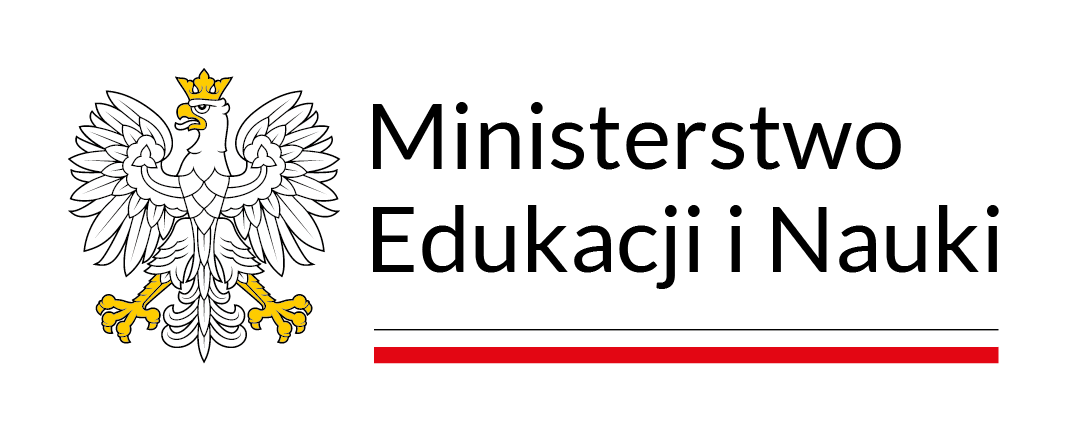On Guilt and Ghosts
Ruthie Abeliovich
rabeliovi@univ.haifa.ac.ilUniwersytet w Hajfie (Izrael)
https://orcid.org/0000-0003-4121-9693
Abstrakt
Tekst omawia prowokującą do myślenia książkę Grzegorza Niziołka The Polish Theatre of the Holocaust (Londyn 2019; oryginalne wydanie: Polski teatr Zagłady, Warszawa 2013) oraz kluczowe pytania i problemy, które zostały w niej poruszone. Koncentrując się na polskich perspektywach, przedstawieniach teatralnych i performatywnych reakcjach na Zagładę Żydów podczas II wojny światowej, książka Niziołka analizuje sześćdziesiąt lat historii polskiego teatru. W ramach przyjętej przez autora perspektywy ofiary i sprawcy są aktorami, a Polakom przydzielona zostaje rola biernych widzów, świadków okrucieństwa. Artykuł rzuca nowe światło na etyczne i estetyczne implikacje badań Niziołka, zwracając uwagę na materialne aspekty katastrofy i jej teatralnych przedstawień. Stawia sobie także za cel odtworzenie i włączenie do analizy teatralnej żydowskiego punktu widzenia. (Przeł. E. Olechnowicz)
Słowa kluczowe:
teatr polski po 1945, Holokaust, Zagłada, Dybuk, Szymon An-skiBibliografia
Abeliovich, R. (2019). Possessed Voices: Aural Remains from Modernist Hebrew Theatre. Albany: SUNY Press.
Google Scholar
Agamben, G. (1999). Remnants of Auschwitz : the Witness and the Archive (D. Heller-Roazen, trans.). New York: Zone books.
Google Scholar
Benz, W. (ed.). (1996). Dimension des Völkermords: Die Zahl der jüdischen Opfer des Nationalsozialismus. Munich: Deutscher Taschenbuch Verlag.
Google Scholar
Blurton, H. (2014).“The History of an Incorrect Term”: Agamben, Etymology and the Medieval History of the Holocaust. Postmedieval, 5, 3, 336–345, https://doi.org/10.1057/pmed.2014.24
DOI: https://doi.org/10.1057/pmed.2014.24
Google Scholar
Dziuban, Z. (2019). Of Ghosts’ (In)ability to Haunt: Polish Dybbuks. In: Z. Dziuban (ed.). The Spectral Turn (pp. 131-184). Bielefeld: Transcript Verlag, https://doi.org/10.14361/9783839436295-006
DOI: https://doi.org/10.14361/9783839436295-006
Google Scholar
Engel, D. (2008). Poland Since 1939. In G. Hundert (ed.), The YIVO Encyclopedia of Jews in Eastern Europe (vol. 2). New Haven: Yale University Press.
Google Scholar
Friedrich, K.P. (2005). Collaboration in a ‘Land without a Quisling’: Patterns of Cooperation with the Nazi German Occupation Regime in Poland during World War II. Slavic Review 64, 4, 711–746, https://doi.org/10.2307/3649910
DOI: https://doi.org/10.2307/3649910
Google Scholar
Jockusch, L. (2012). Collect and Record!: Jewish Holocaust Documentation in Early Postwar Europe. Oxford: Oxford University Press.
DOI: https://doi.org/10.1093/acprof:oso/9780199764556.001.0001
Google Scholar
Kaynar, G. (1998). National Theater as Colonized Theater: The Paradox of Habima, Theater Journal, 1, 14–16, https://doi.org/10.1353/tj.1998.0014
DOI: https://doi.org/10.1353/tj.1998.0014
Google Scholar
Laub, D. (1992). ‘An Event Without a Witness: Truth, Testimony, and Survival. In S. Felman, & D. Laub (ed.). Testimony: Crises of Witnessing in Literature, Psychoanalysis and History (pp. 75–92). New York: Routledge.
Google Scholar
Niziołek, G. (2019). The Polish Theatre of the Holocaust (U. Phillips, trans.). London: Methuen Drama Press.
DOI: https://doi.org/10.5040/9781350039698
Google Scholar
Petrie, J. (2000). The Secular Word Holocaust: Scholarly Myths, History, and 20th Century Meanings. Journal of Genocide Research 2, 1, 31–63, https://doi.org/10.1080/14623520011240
Google Scholar
Rokem, F. (2012). Has this Thing Appeared Again Tonight? Deus ex Machina and Other Interventions of the Supernatural. In D. Houtman & B. Meyer (eds.). Things: Religion and the Question of Materiality. Fordham University Press.
Google Scholar
Steinlauf, M.C. (1997). Bondage to the Dead: Poland and the Memory of the Holocaust. Syracuse: Syracuse University Press.
Google Scholar
Tonini, C. (2208). The Polish Underground Press and the Issue of Collaboration with the Nazi occupiers: 1939–1944. European Review of History: Revue européenne d'histoire, 15, 2, 193–205.
Google Scholar
Zer-Zion, S. (2005).The Dybbuk Reconsidered: The Emergence of a Modern Jewish Symbol Between East and West. Leipziger Beiträge zur Judischen Geschichte und Kultur, 3, 175–97, https://doi.org/10.1515/9783110942323.175
DOI: https://doi.org/10.1515/9783110942323.175
Google Scholar
Zer-Zion, S. (2009). "The Vilna Troupe": Prologue to the History of Habima. Bikoret ve-Parshanut (Criticism and Interpretation), 41, 65–92.
Google Scholar
Żbikowski, A. (2011). “Night Guard”: Holocaust Mechanisms in the Polish Rural Areas, 1942-1945: Preliminary Introduction into Research. East European Politics and Societies, 25, 3, 512–529, https://journals.sagepub.com/doi/10.1177/0888325411408073
DOI: https://doi.org/10.1177/0888325411408073
Google Scholar
Autorzy
Ruthie Abeliovichrabeliovi@univ.haifa.ac.il
Uniwersytet w Hajfie Izrael
https://orcid.org/0000-0003-4121-9693
Ruthie Abeliovich is a theatre historian based in the University of Haifa, Israel. She is the author of Possessed Voices: Aural Remains from Modernist Hebrew Theatre (SUNY Press, 2019), and co-editor of A Stage of Their Own: 7 American Feminist Plays (Hebrew), and co-editor of Borderlines: Essays on Maps and The Logic of Place (De Gruyter, 2019). Her articles have appeared in the journals TDR, Journal of Classical Sociology, Theatre Research International, Theatre Journal, and Performance Research. Her new research project "Yiddish Popular Theatre 1880-1920: Performance as knowledge," received funding (2021-2025), from the European Research Council (ERC).
Statystyki
Abstract views: 664PDF downloads: 536
Licencja
Prawa autorskie (c) 2020 Ruthie Abeliovich

Utwór dostępny jest na licencji Creative Commons Uznanie autorstwa – Użycie niekomercyjne – Bez utworów zależnych 4.0 Międzynarodowe.
Autor/ka udziela niewyłącznej i nieodpłatnej licencji (CC BY 4.0) na wykorzystanie tekstu w "Pamiętniku Teatralnym", zachowuje nieograniczone prawa autorskie, ale zobowiązuje się do podawania miejsca pierwodruku przy ponownym wykorzystaniu artykułu (umowa licencyjna do pobrania). Zgłaszając artykuł do publikacji, autor/ka wyraża zgodę na jego udostępnianie na licencji CC BY 4.0.
Od zeszytu 1/2018 do zeszytu 3/2022 artykuły publikowane były na licencji CC BY-NC-ND 4.0. W tym okresie autorzy/ki udzielali niewyłącznej i nieodpłatnej licencji (CC BY-ND 4.0) na wykorzystanie tekstu w "Pamiętniku Teatralnym", zachowywali nieograniczone prawa autorskie, ale zobowiązywali się do podawania miejsca pierwodruku przy ponownym wykorzystaniu artykułu.









